Description
Organic Sprouting Seeds Alfalfa
Organic Sprouting Seeds Alfalfa is probably the easiest of all to grow. This ever popular, delicate sprout is primarily used in salads and sandwiches to add moisture and texture. Very high in protein (40%), a good supplier of vitamin B complex, vitamins A,C,D,E, and K along with phosphorous, calcium, potassium, magnesium, iron, selenium and zinc.
Cultivation Advice
- Choose certified organic alfalfa seeds labeled specifically for sprouting. Ensure they are untreated and suitable for consumption.
- Measure approximately 1-2 tablespoons of alfalfa seeds (adjust based on your sprouting container’s size). Rinse the seeds thoroughly under cold water.
- Place the seeds in a glass jar or sprouting tray and cover them with about 2-3 times their volume of clean water. Soak the seeds for 8-12 hours or overnight.
- After soaking, drain the water from the seeds using a fine mesh sieve or sprouting lid. Rinse the seeds thoroughly with fresh water and drain again.
- Spread the rinsed seeds evenly in the sprouting container to ensure good coverage. Cover the container with a breathable lid or mesh to allow airflow.
- Rinse the seeds thoroughly twice a day, ideally in the morning and evening, by flushing them with water and draining well each time.
- Alfalfa sprouts usually start showing growth within 1-2 days. Allow them to grow to your desired length, typically 1-2 inches, within 4-6 days.
- For slightly greener sprouts, expose them to indirect sunlight for a few hours on the final day to encourage chlorophyll development.
- When the sprouts reach the desired length, give them a final rinse and drain thoroughly. Use clean scissors to cut the sprouts just above the seeds.
- After harvesting, pat the sprouts dry using clean paper towels and store them in a breathable container or plastic bag in the refrigerator. Consume within a few days for freshness.
- Adjust soaking times, rinsing frequency, or exposure to light to experiment with the taste, texture, and appearance of alfalfa sprouts.
- Ensure all equipment used in sprouting is thoroughly cleaned before and after use to prevent contamination and promote healthy sprout growth.
- Before soaking, sort through the alfalfa seeds to remove any debris or damaged seeds. Use a clean fine mesh sieve or strainer to rinse them thoroughly.
- Ensure the soaking container is sufficiently large to allow the seeds to expand. Use room-temperature water for soaking, as extreme temperatures can affect germination.
- Effective drainage is crucial to prevent excess moisture and potential mold growth. Tilt the sprouting container or tray to facilitate water drainage.
- Adequate air circulation is vital. Use a breathable lid or mesh to cover the sprouting container, promoting airflow while protecting the sprouts.
- Use a gentle rinsing method to avoid damaging the sprouts. A gentle shower or spray of water is sufficient to rinse the sprouts thoroughly.
- Alfalfa sprouts don’t require light during the initial stages but can benefit from indirect light during the final stages of growth for greening and nutrient development.
- Plan staggered sprouting batches every few days to maintain a consistent supply of fresh sprouts. This ensures a continuous harvest for regular consumption.
- Monitor the sprouts regularly for any signs of spoilage, odd odors, or excess moisture. Adjust rinsing frequency or airflow if necessary to maintain optimal conditions.
- If desired, blanch the harvested alfalfa sprouts by dipping them briefly in boiling water and then immersing them in ice water. This helps retain their crispness.
- Explore using alfalfa sprouts in salads, sandwiches, wraps, and as garnishes in various dishes. They offer a mild, fresh flavor and crunchy texture.
- Maintain strict hygiene practices by thoroughly cleaning and sanitizing all sprouting equipment after each use to prevent bacterial growth or contamination.

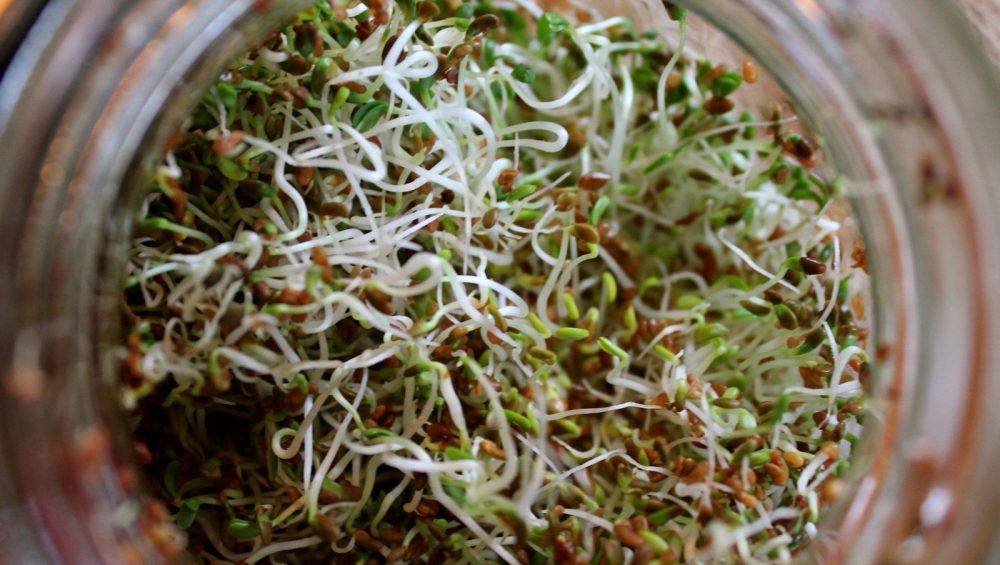
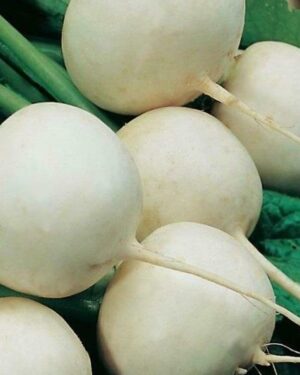
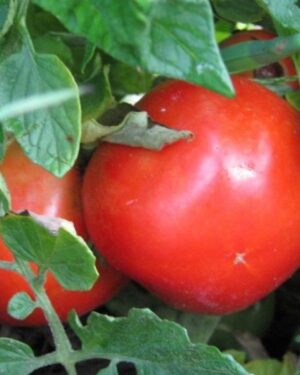
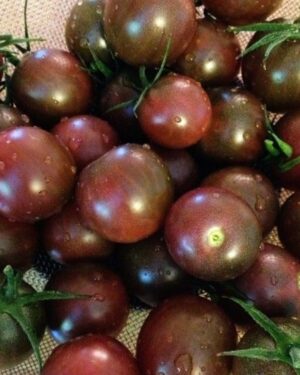

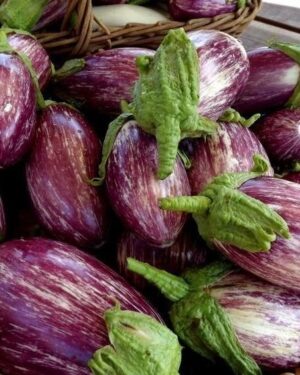
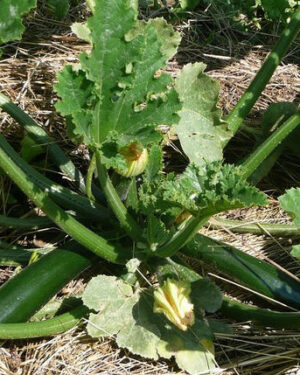
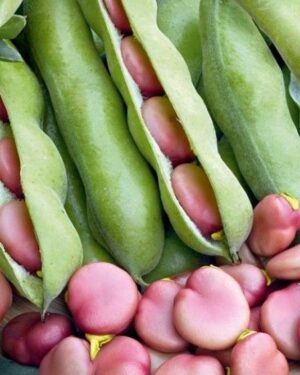
Reviews
There are no reviews yet.